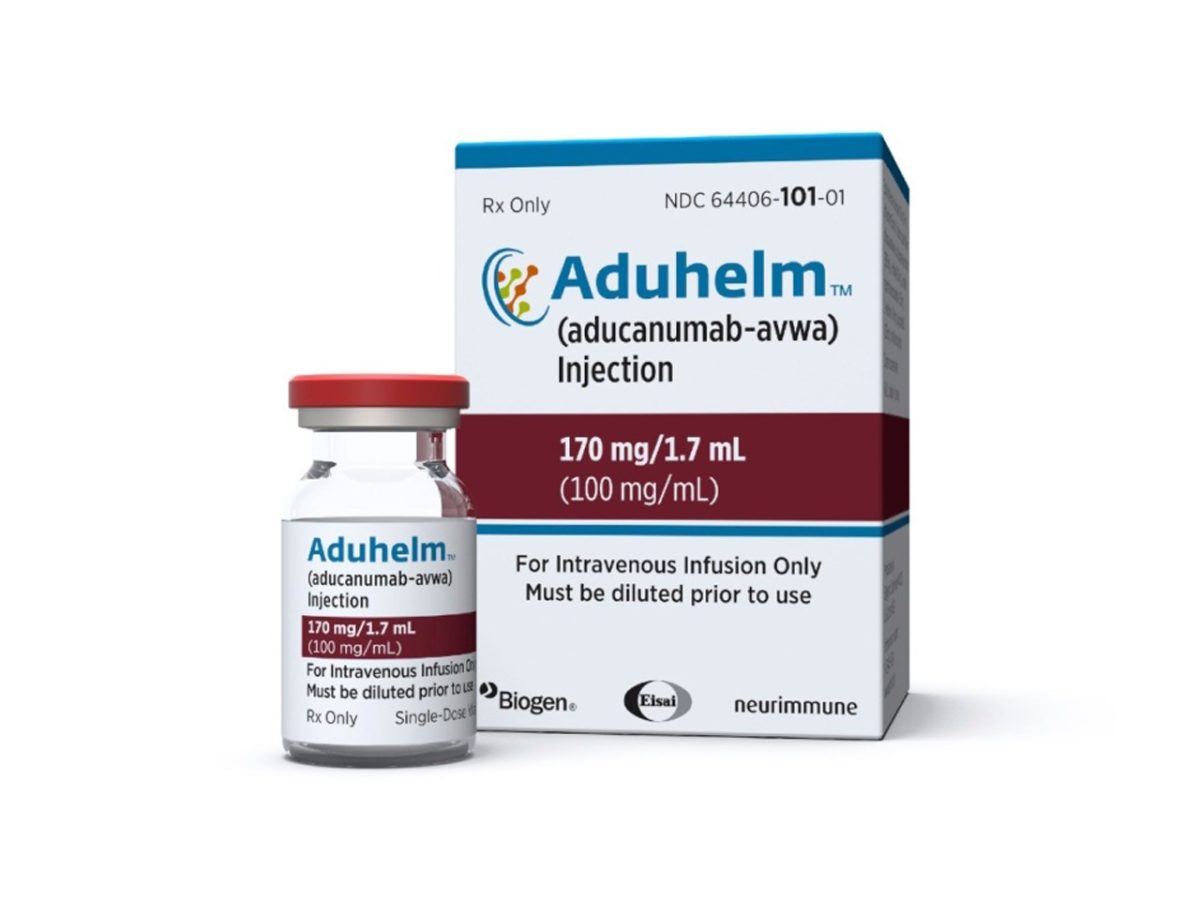The Biotech company Biogen will stop selling its Alzheimer’s treatment, Aduhelm, because of the uncertainty during the additional trials requested by the Food and Drug Administration, or FDA, before full approval.
Aduhelm was first approved by the FDA in 2021 and will be discontinued in 2024. It was a major breakthrough in the field of Alzheimer’s.
This new drug was predicted to bring the company billions but only brought them a few million. In the first year, it only brought in $7.8 million. This was also due to the fact that only a certain amount of people had access to it because of their health insurance. Medicare provided the most coverage for those using Aduhelm. Biogen then decided to just stop selling it all together.
There are currently 2,500 people worldwide taking Aduhelm. Those who are still taking it will still have access through a commercial market until November. Many doctors were not sure if they should release this drug and prescribe it to patients because it showed weak evidence to actually slow down Alzheimer’s.
“They can not improve the current drug itself,” said Ashok Hegde, a professor of biomedical science at GC. “Aduhelm is a monoclonal antibody that binds to the Alzheimer’s disease-causing aggregates of amyloid-beta. They can make new monoclonal antibodies that can bind more strongly to aggregates of amyloid-beta. If that is achieved, it can be potentially more effective. There were certain health insurances that would not allow coverage for this as well as federal medicare programs had restricted usage on people.”
Most health insurers believed that Aduhelm was too much of an experimental drug. More than 25 health insurers do not think that it is medically necessary.
The way Aduhelm works is by targeting and attaching to certain forms of beta-amyloid that gather in plagues, which can be responsible for cell death. It also causes tissue to die in areas of the brain that are in charge of learning, memory and thinking behaviors. The brain will continue to make the beta-amyloids, but the Aduhelm is meant to decrease the amount.
“If the treatment is proven to be successful and effective, I believe taking away that treatment will negatively affect individuals living with Alzheimer’s and those around them because they will lose hope,” said Hannah Laws, a junior biology major. “If modifications and advancements are needed for the treatment, then I believe people would understand that, for futuristic needs, a new or improved treatment can be developed to increase the effectiveness and lasting of the medication or treatment.”
With limited use and no access to an Alzheimer’s treatment, those with the disease may face challenges and have an unsteady road ahead.
Since Aduhelm will stop being sold, there is a loss of hope for those living with Alzheimer’s. Aduhelm created great hope for families and patients dealing with Alzheimer’s. It causes patients to have to look into new trials and continuing research about this disease.
“I think having a treatment for those dealing and living with Alzheimer’s every day would be extremely beneficial and would help fight against Alzheimer’s and would be extremely beneficial for research purposes as well,” said Sophia Zarate, a freshman biology major.
This discontinuation of this drug could be upsetting for families who had high hopes for this drug trial. However, with the ending of this drug, it can lead to more research and a more effective drug. The absence of Aduhelm also decreases the research advancements of creating something that will work for those living with Alzheimer’s.
The absence and restricted use of Aduhlem will create many challenges for patients and healthcare workers in moving forward in the research of Alzheimer’s disease.


